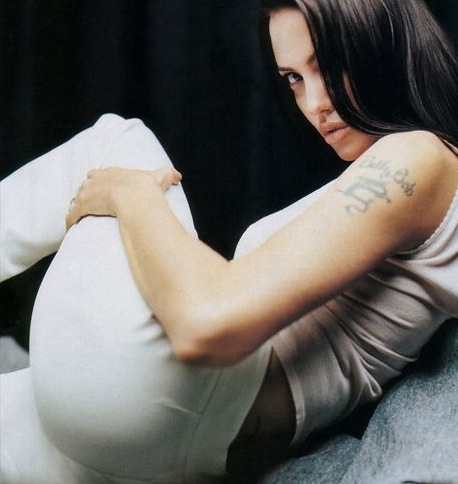The Ford Mustang is an automobile manufactured by the Ford Motor Company. It was initially based on the second generation North American Ford Falcon, a compact car. Introduced early on April 17, 1964, as a "1964½" model, the 1965 Mustang was the automaker's most successful launch since the Model A. The model is Ford's third oldest nameplate in production[citation needed] and has undergone several transformations to its current fifth generation.
The Mustang created the "pony car" class of American automobiles—sports car-like coupes with long hoods and short rear decks—and gave rise to competitors such as GM's Chevrolet Camaro, AMC's Javelin, and Chrysler's revamped Plymouth Barracuda. It also inspired coupés such as the Toyota Celica and Ford Capri, which were exported to the United States.
Production of the 1965 Mustang (VIN coded by Ford and titled as 1965 models) began in Dearborn, Michigan on March 9, 1964 and the car was introduced to the public on April 17, 1964 at the New York World's Fair. It is Ford's third oldest nameplate[citation needed] currently in production next to the F-Series pickup truck line (which has undergone major nameplate changes over the years) and the Falcon that is still in production in Australia.
Executive stylist John Najjar, who was a fan of the World War II P-51 Mustang fighter plane, is credited by Ford to have suggested the name. He was involved in design work on the prototype Ford Mustang I. An alternative view was that Robert J. Eggert, Ford Division market research manager, first suggested the Mustang name. Eggert, a breeder of quarterhorses, received a birthday present from his wife of the book, The Mustangs by J. Frank Dobie in 1960. Later, the book's title gave him the idea of adding the "Mustang" name for Ford's new concept car. The designer preferred Cougar or Torino (and an advertising campaign using the Torino name was actually prepared), while Henry Ford II wanted T-bird II. As the person responsible for Ford's research on potential names, Eggert added "Mustang" to the list to be tested by focus groups; "Mustang," by a wide margin, came out on top under the heading: "Suitability as Name for the Special Car." The name could not be used in Germany, however, because it was owned by Krupp, which had manufactured trucks between 1951 and 1964 with the name Mustang. Ford refused to buy the name for about US$10,000 from Krupp at the time. Kreidler, a manufacturer of mopeds, also used the name, so Mustang was sold in Germany as the "T-5" until December 1978.
Mustangs grew larger and heavier with each model year until, in response to the 1971–1973 models, Ford returned the car to its original size and concept for 1974. It has since seen several platform generations and designs. Although some other pony cars have seen a revival, the Mustang is the only original pony car to remain in uninterrupted production over four decades of development and revision.





















No comments:
Post a Comment